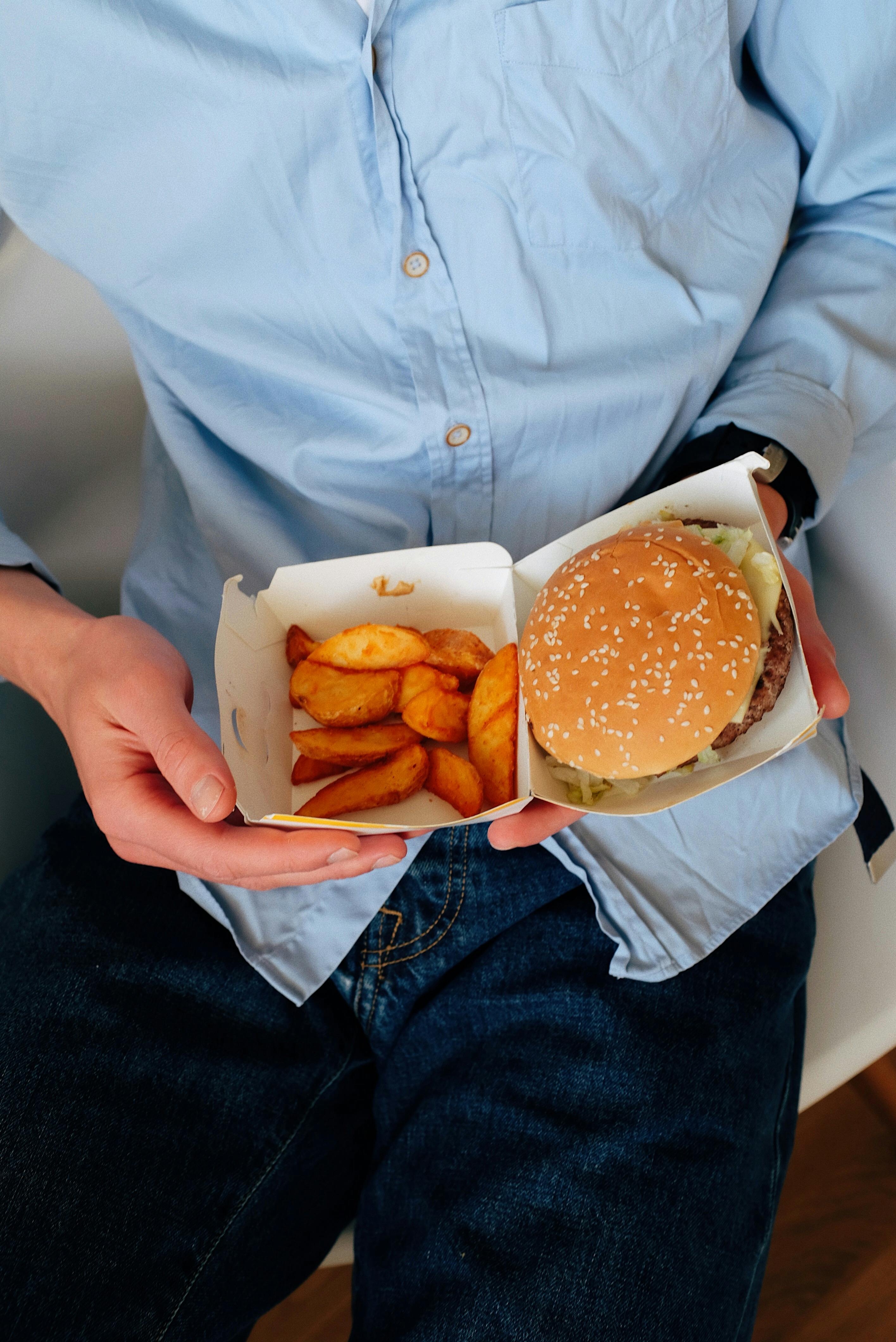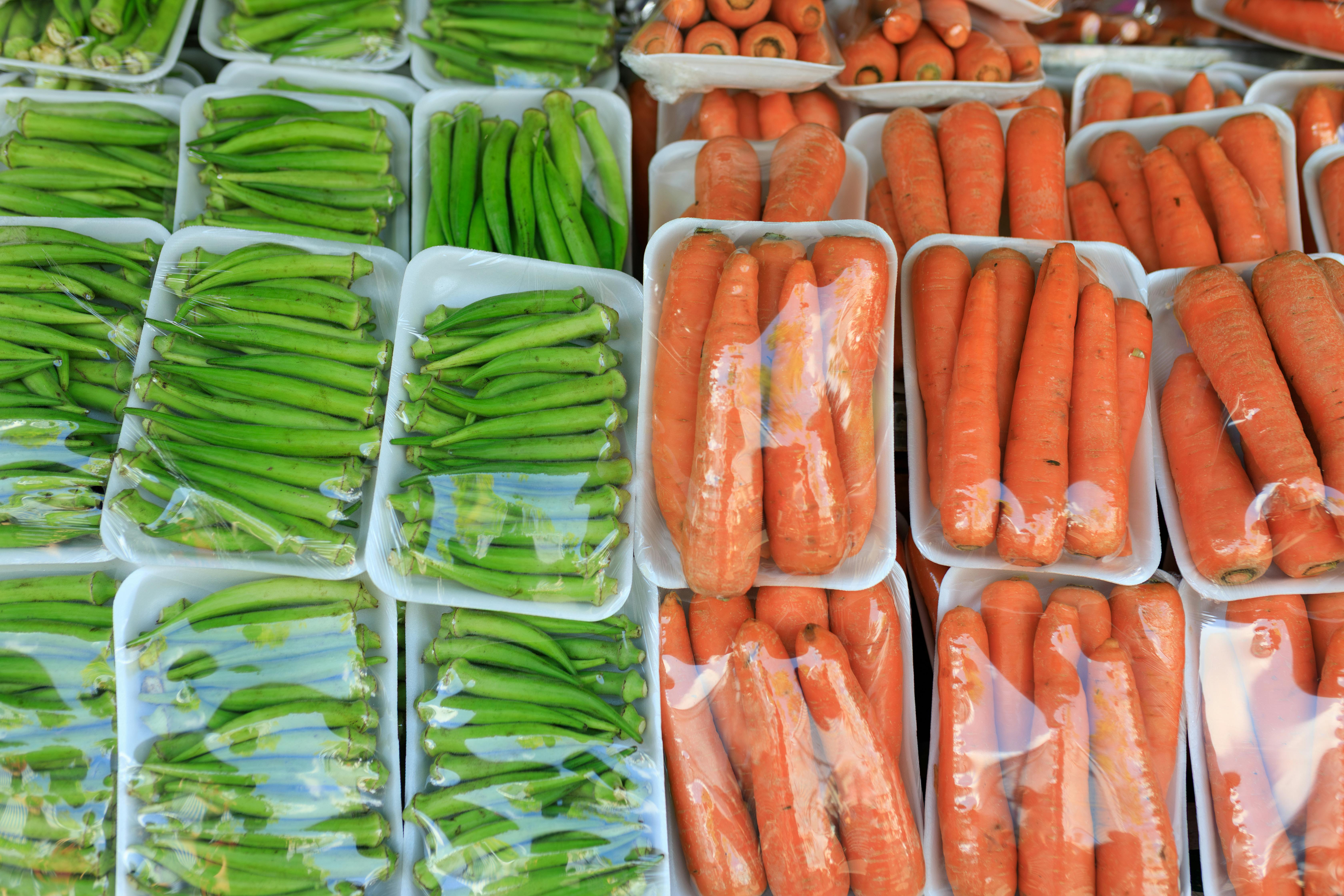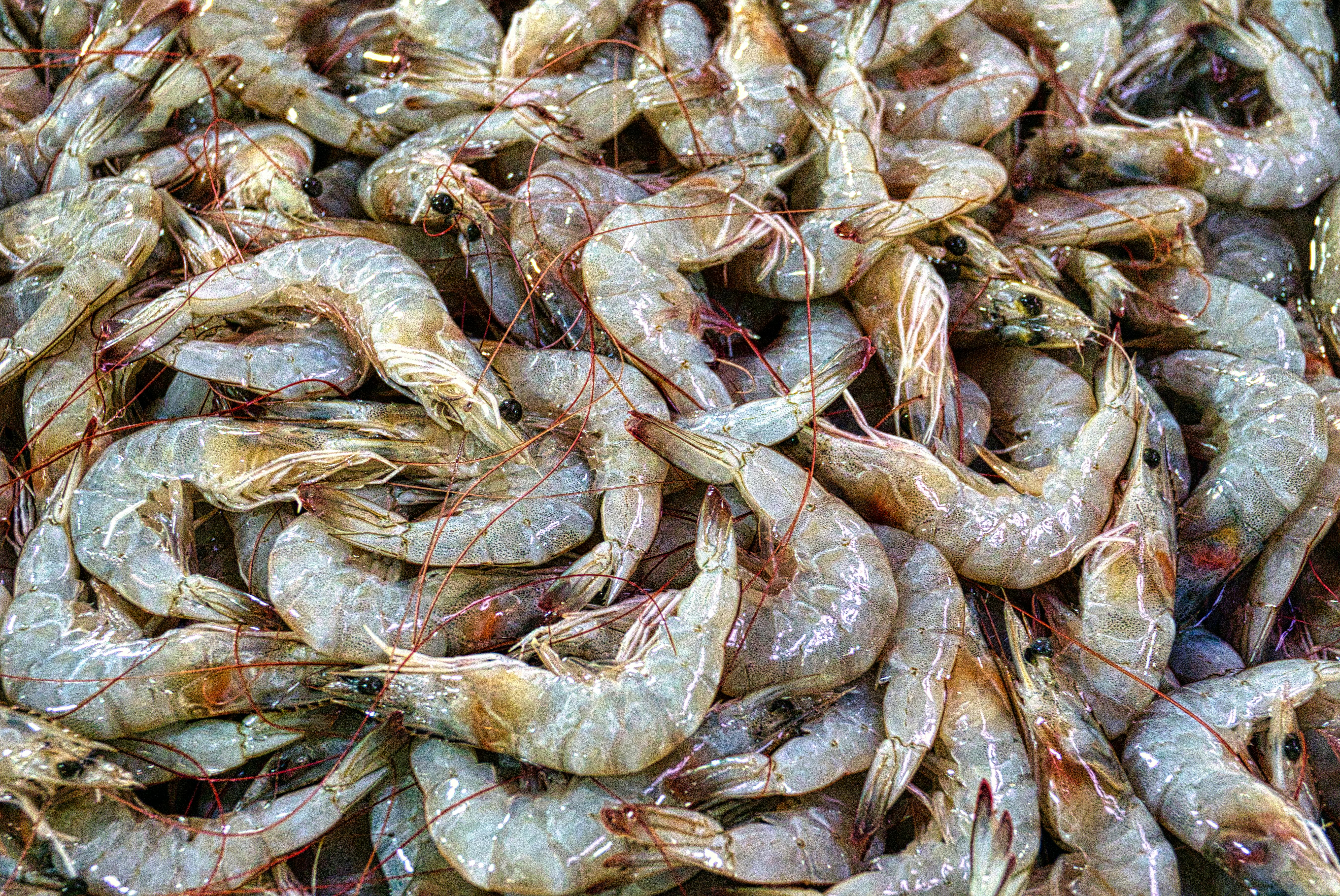Top 5 Effective Ways to Optimize a 1200 Calorie High Protein Diet in 2025

Top 5 Effective Ways to Optimize a 1200 Calorie High Protein Diet in 2025
Adopting a 1200 calorie high protein diet is an approach that many individuals are turning to for effective weight loss and muscle building. As the year progresses, the importance of understanding how to navigate this diet while ensuring balanced nutrition becomes pivotal. A high protein diet promotes satiety, aids in muscle maintenance, and supports metabolism, making it an attractive option for those focused on fitness and weight management. However, it can be challenging to optimize this diet to ensure you are not only getting enough protein but also meeting your daily calorie requirements without sacrificing nutrient diversity.
In this article, we will delve into five effective ways to optimize your 1200 calorie high protein diet in 2025. From selecting the best protein sources to smart meal prepping tips, we will explore practical strategies designed to help you thrive while following this regimen. Expect to find valuable insights that promote mindful eating habits, maintain muscle health, and facilitate sustainable dieting. Let’s get started!
Essential Protein-Rich Food Choices for Your Diet
Beginning your journey with a solid understanding of protein-rich foods is crucial for a 1200 calorie diet. These foods help to increase your protein intake while keeping calorie consumption in check. Examples include lean meats such as chicken breast, turkey, and fish, which are all excellent sources of protein that also contain healthy fats that contribute to balanced nutrition.
Choosing Lean Meats for Maximum Benefits
Incorporating lean meats into your diet can significantly contribute to your protein goals. Chicken breast and fish are not only low in calories but also high in protein. For instance, a 3-ounce serving of grilled chicken breast contains approximately 25 grams of protein while containing very few calories, making it an ideal choice for meal prepping. Implement portion control to keep your servings balanced, ensuring you get enough protein without exceeding your caloric goals.
Exploring Plant-Based Proteins
If you prefer vegetarian options, consider plant-based proteins which can also help diversify your meals. Options like lentils, chickpeas, and quinoa are fantastic sources of protein and fiber. Not only do these foods aid in muscle building, but they also provide nutrients that support your overall health. Don’t forget to combine these protein sources with healthy fats and fiber-rich foods to create a balanced meal that keeps you satisfied.
Protein Powders: A Convenient Alternative
For quick protein intake, especially post-workout, protein shakes offer a convenient way to integrate protein into your diet. When choosing protein powders, opt for ones that provide low sugar content and minimal additives. This ensures that you are not only meeting your protein needs but also adhering to the principles of healthy eating. Consider using protein shakes as meal replacements or as a supplement to your meals for additional protein intake.
High Protein Snacks for Sustained Energy
Snacking wisely can help maintain your energy levels throughout the day. Opt for high protein snacks such as Greek yogurt, cottage cheese, or even homemade protein bars. These snacks not only help to meet your protein goals but also stave off hunger, making it easier to adhere to your 1200 calorie plan. Remember, mindful eating and portion sizes are key in ensuring these snacks fit within your daily calorie limits.
Incorporating Seafood into Your Meal Plan
Seafood is not only rich in protein but also provides essential omega-3 fatty acids that can support overall health. Incorporate items like salmon or tilapia into your diet to enjoy flavorful meals while benefiting from their nutrient density. These options can easily be included in various recipes that keep meals exciting and interesting, while still adhering to your calorie deficit goals.
Mastering Meal Prepping for Your High Protein Diet
With your protein sources sorted, the next step is effective meal prepping to streamline your nutrition process. Meal prepping can save you time and help you stay on track with your calorie goals, making it easier to maintain your diet principles throughout the week.
Planning Your Weekly Meal Schedule
Start by mapping out your meals for the week. Focus on including a variety of protein sources, fiber-rich foods, and healthy fats in order to keep meals nutritious and filling. Choosing an appropriate mix of foods can support macronutrient balance, ensuring that each meal is thoughtfully constructed to meet your dietary needs.
Portion Control Strategies During Meal Prep
To maintain your desired caloric intake, implement portion control in your meal prep. Use measuring cups or a food scale to ensure your meals contain the necessary macronutrients without exceeding 1200 calories. This practice not only helps with calorie counting but also trains you to develop healthy eating habits.
Batch Cooking High Protein Recipes
Batch cooking is a fantastic way to prepare meals in advance while ensuring you have a stock of meal replacements ready to go. Focus on recipes that include lean meats, legumes, and healthy grains to maximize your protein intake while minimizing cooking time throughout your week.
Utilizing Healthy Cooking Methods
Choose healthy cooking methods, such as grilling, steaming, or baking, to preserve the nutrients in your foods while keeping calorie intake low. Avoid frying and heavy sauces that can add unnecessary calories and diminish the health benefits of your meals. Experiment with various herbs and spices to enhance flavor without compromising your dietary goals.
Quick and Easy Meal Assembly Ideas
On busy days, having quick meal assembly ideas can keep you on track. Consider creating meals that can be quickly assembled – like salads with pre-cooked chicken and quinoa, or wraps using low-calorie tortillas with various protein sources. These quick solutions can boost your metabolism and support your weight loss goals without requiring extensive cooking time.
Navigating Calorie Counting for Sustainable Weight Loss
Calorie counting is an essential part of managing your 1200 calorie high protein diet effectively. Understanding your daily energy intake and making informed food choices are key factors that can influence your weight loss success.
Using Nutrition Tracking Apps
Take advantage of nutrition tracking apps to record your daily food intake and monitor your progress. These digital tools allow for easy logging of meals and tracking of macros. With access to extensive food databases, they can simplify the process of tracking your protein-rich meals and maintaining calorie goals effectively.
Smart Reading of Food Labels
When shopping for protein foods, understanding how to read food labels is crucial. Familiarize yourself with the protein content as well as calories per serving. This knowledge empowers you to make informed decisions, ensuring that your meal choices align with your nutritional and weight management goals.
Caloric Deficit Understanding
Maintaining a caloric deficit is essential for effective weight loss. Make sure your total daily intake of calories remains below your energy expenditure, allowing your body to tap into its energy reserves. Staying informed about portion sizes and making healthy meal choices will help in creating this deficit sustainably.
Providing Room for Food Diversity
Although focusing on high protein foods is vital, incorporating a diverse range of low-calorie foods keeps meals interesting. Consider healthy snacks that are low in sugar and packed with nutrients. For instance, fresh fruits, vegetables, and whole grains can enrich your diet without adding excessive calories.
Listening to Hunger Cues for Conscious Eating
Being in tune with your body’s hunger signals can help you avoid emotional eating and understand your appetite. Developing conscious eating habits allows you to respond appropriately to hunger cues, which is a crucial skill while managing a low-calorie diet. Recognizing when you are actually hungry versus when you are eating out of habit can significantly improve your adherence to the 1200 calorie plan.
Leveraging Exercise to Enhance Weight Loss
Finally, complementing your diet with exercise enhances weight loss and muscle maintenance. Incorporating strength training and cardio can amplify your calorie deficit, making your high protein diet that much more effective.
Strength Training Integration
Adding strength training to your routine helps to build muscle, which in turn boosts metabolism. This increase in muscle mass allows your body to burn more calories at rest. Aim for at least 2-3 strength training sessions per week during your diet journey to maximize your results.
Impact of Cardiovascular Exercise on Weight Loss
Cardio workouts are also essential to facilitate weight loss. Engage in activities that you enjoy, be it jogging, cycling, or group classes. These workouts enhance your calorie burn, support your metabolism, and can be a great way to manage stress while dieting.
Finding a Balance Between Nutrition and Fitness Goals
Lastly, it’s essential to find the balance between fueling your workouts and achieving a caloric deficit. Pay attention to pre- and post-workout nutrition, ensuring that your protein intake supports your activity levels. This conscious eating strategy will not only help with muscle recovery but also optimize your overall performance.
Tracking Progress and Adjusting Plans
Keep track of your weight loss journey by monitoring your progress regularly. Adjust your meal plans and exercise routines as needed to ensure optimal results. Being flexible with your diet plan while maintaining core principles can lead to lasting successes.
Emphasizing Hydration
Lastly, one often overlooked aspect is hydration. Ensure you're drinking enough water throughout the day to optimize your metabolism and support overall health. Staying well-hydrated minimizes feelings of hunger and enhances your body's ability to utilize nutrients effectively.

